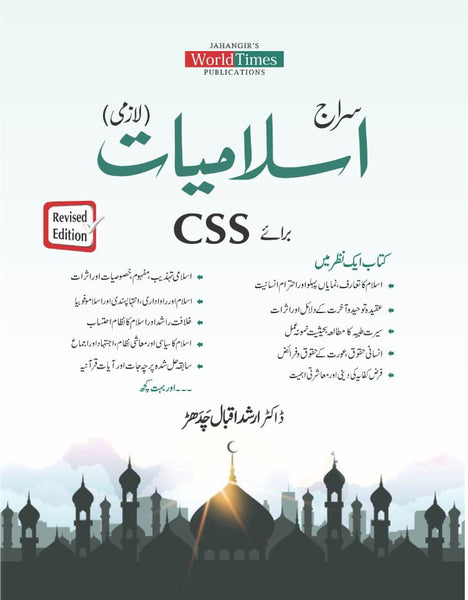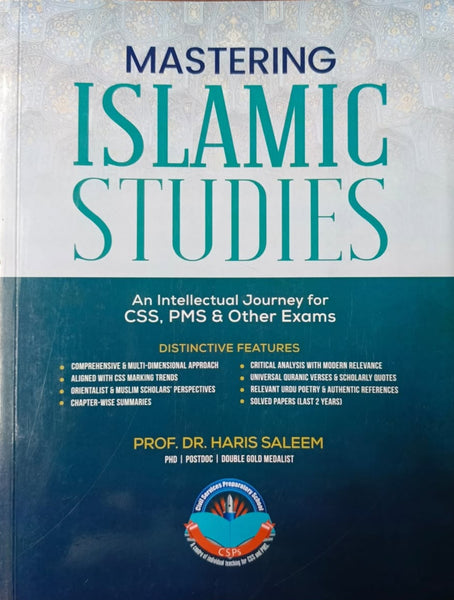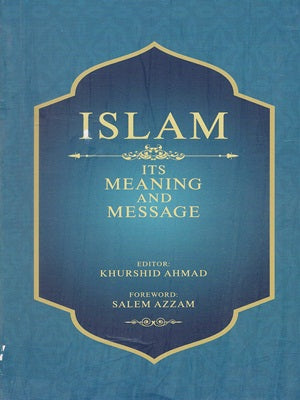Family Law In Islam Theory And Application by Muhammad Tahir Mansoori
- Publisher: INSTITUTE OF POLICIES STUDIES IPS
- Availability: In Stock
- SKU: 59725
- ISBN: 9789694488042
- Number of Pages: 278
Rs.750.00
Rs.1,000.00
Tags: CSS Islamic law books , Dr Tahir Mansoori books , Family Law in Islam book , Family Law In Islam Theory , inheritance law Islam , Islamic family law Pakistan , Islamic marriage law , Khula and Talaq in Islam , LLB Islamic law guide , Muslim divorce law , shariah and family
Family Law in Islam: Theory and Application
Author: Muhammad Tahir Mansoori
Category: Islamic Law / Shariah Studies / Family Law
Recommended For: LLB, Islamic law students, CSS aspirants, scholars of Islamic jurisprudence, legal practitioners, and those interested in comparative family law systems
Key Points
-
Comprehensive Analysis of Islamic Family Law
Offers an in-depth exploration of Islamic family law, covering topics such as marriage (Nikah), divorce (Talaq & Khula), maintenance (Nafaqah), guardianship (Wilayah), and inheritance (Mirath). -
Theoretical Foundations
Discusses the Qur'anic principles and Prophetic traditions (Ahadith) that form the foundation of family law in Islam. -
Comparative Insights
Analyzes how Islamic family law interacts with modern legal systems, with comparisons drawn from South Asian, Middle Eastern, and Western jurisdictions. -
Application in Contemporary Legal Frameworks
Evaluates how family law is applied in modern Muslim states, particularly Pakistan, including case law references and statutory enactments. -
Women’s Rights and Responsibilities
Explores women’s legal status, rights in marriage and divorce, and their evolving role in Muslim societies under Islamic jurisprudence. -
Shariah-Compliant and Reformist Approaches
Balances classical Islamic positions with modern interpretations and reform efforts to address new social realities. -
Authoritative & Scholarly
Authored by Dr. Muhammad Tahir Mansoori, a leading expert in Islamic jurisprudence and law, ensuring academic depth and authenticity.

























